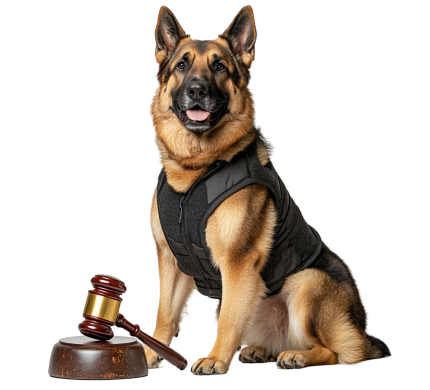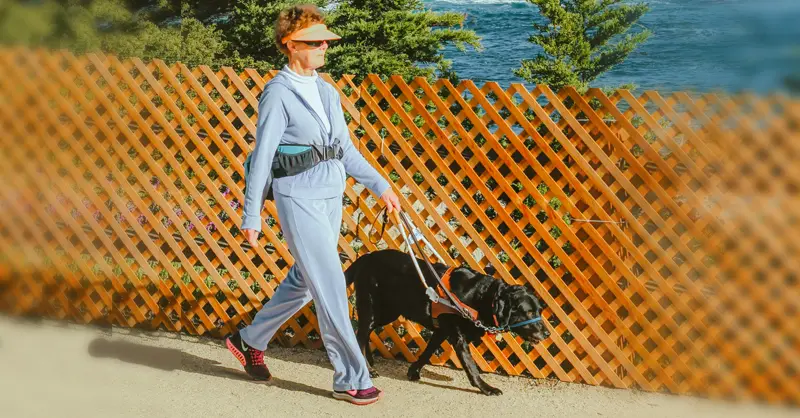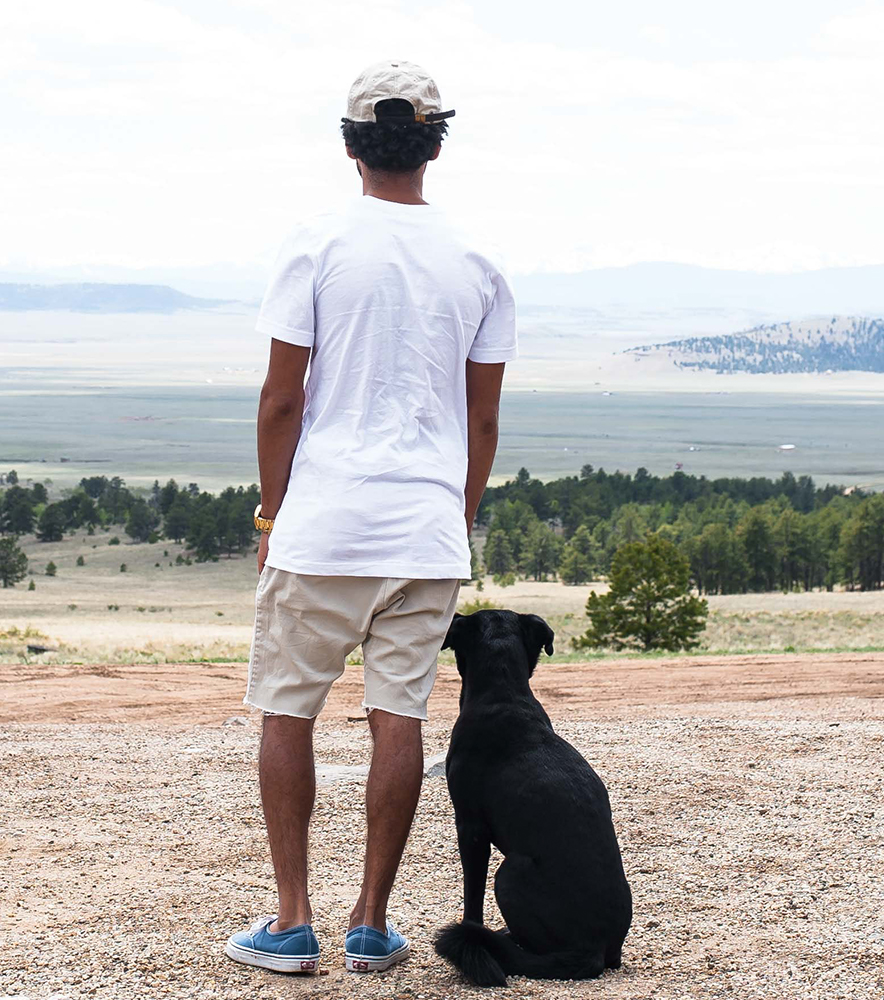All Our Articles on State
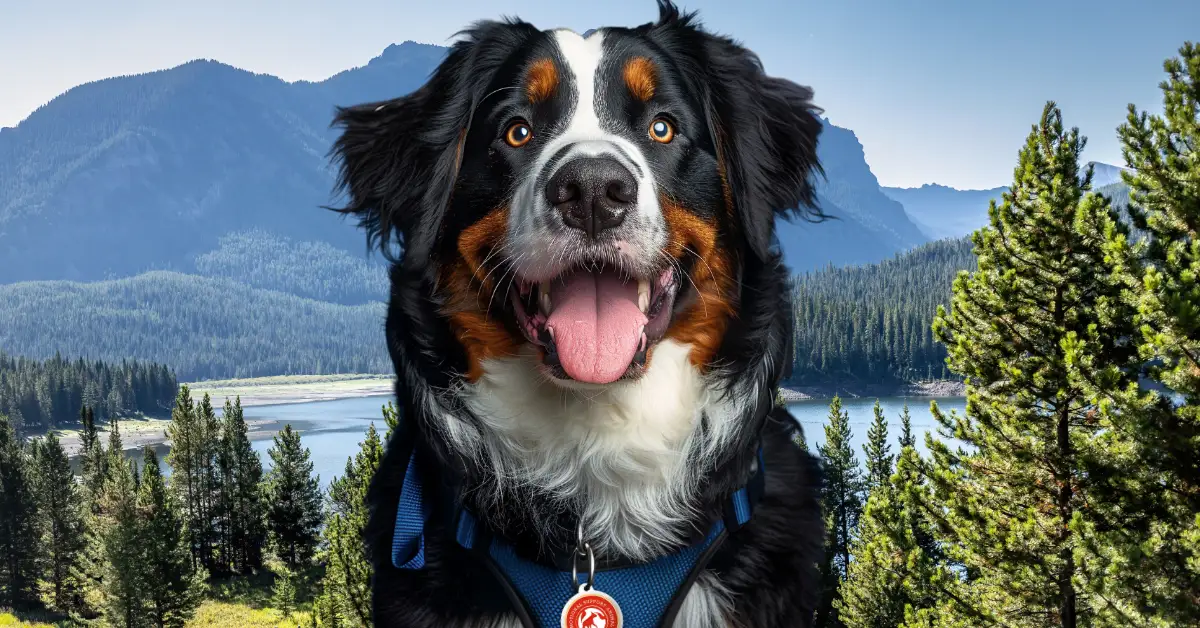
Montana’s Emotional Support Animal Laws
Walk through any Montana neighborhood with rental properties, and you'll likely spot them: the quiet cat watching from a window in a "no pets" building... Read more

Ohio Service Dog Requirements
You can bring a service dog almost anywhere where pets aren’t allowed in Ohio as long as you meet all the necessary requirements. The rights... Read more
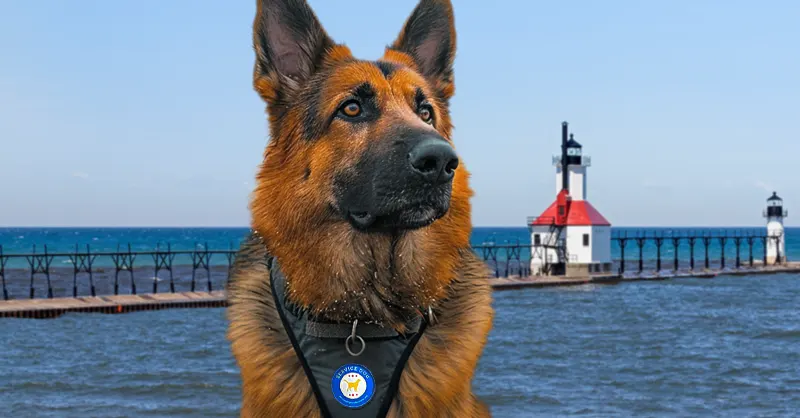
Michigan Service Dog Requirements
Michigan warmly acknowledges the invaluable role service dogs play in supporting individuals with disabilities, ensuring their integration into public life is smooth and respectful. The... Read more
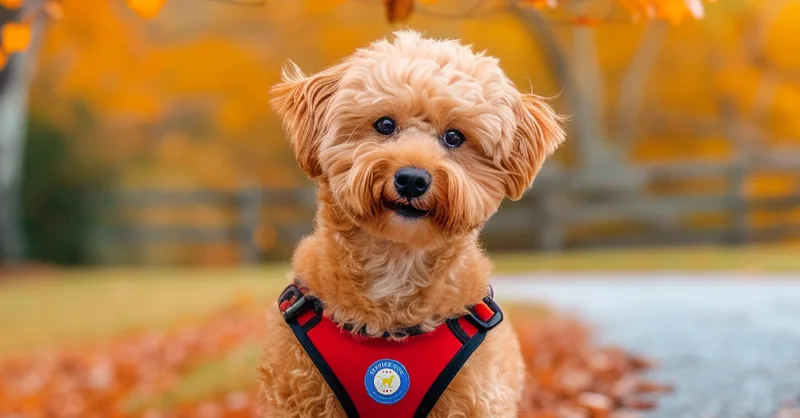
Virginia Service Dog Requirements
Residents of Virginia who need a service dog are legally protected under federal law and state-specific statutes. The Americans with Disabilities Act (ADA) and Virginia... Read more
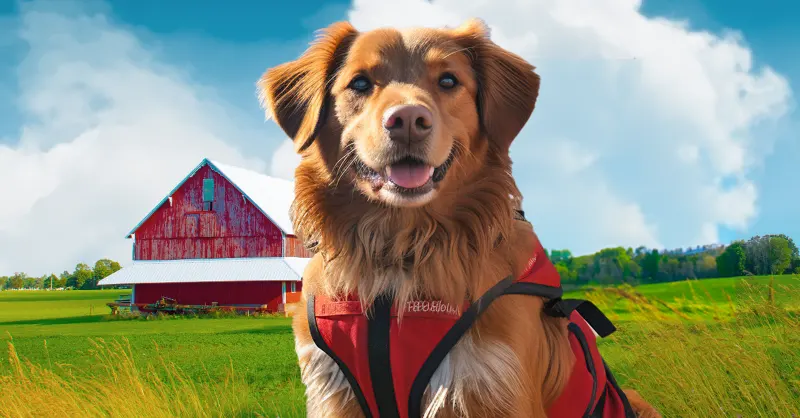
Indiana Service Dog Requirements
For many residents of Indiana, service dogs play an invaluable role in enhancing their quality of life. This article provides a simple guide to service... Read more
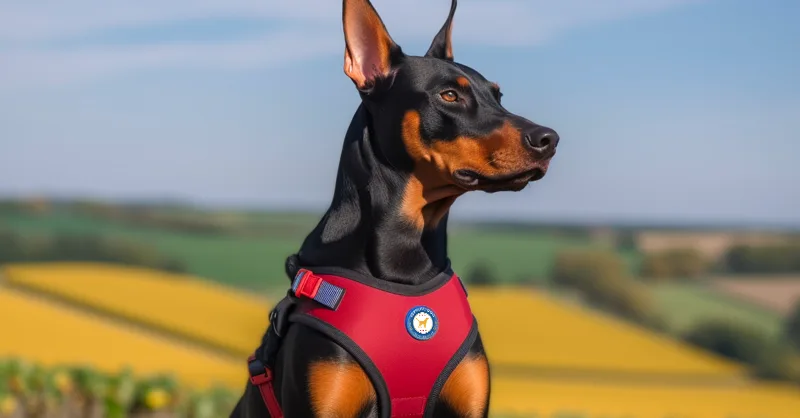
Illinois Service Dog Requirements
Individuals in Illinois who require the assistance of a service dog are recognized and protected by federal and state laws. The Americans with Disabilities Act... Read more
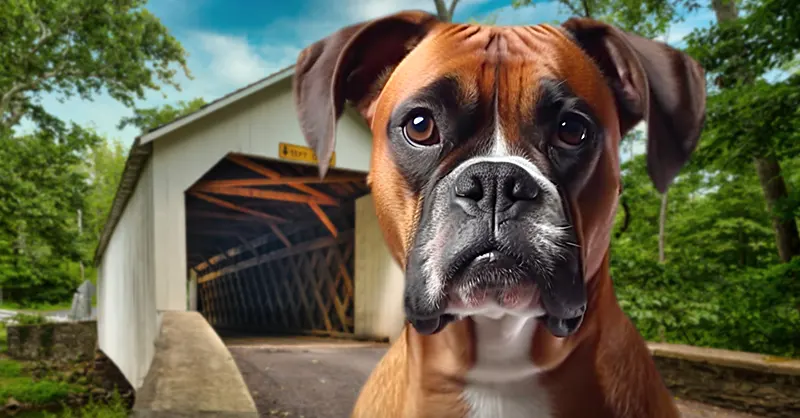
Pennsylvania Service Dog Requirements
Residents of Pennsylvania who require a service dog are legally recognized under federal and state law. The ADA and the Pennsylvania Human Relations Act protect... Read more

Where Can a Service Dog Go in New York?
In New York, service dogs can go to many places that pets can’t. Service dogs are allowed in almost all public areas in New York,... Read more
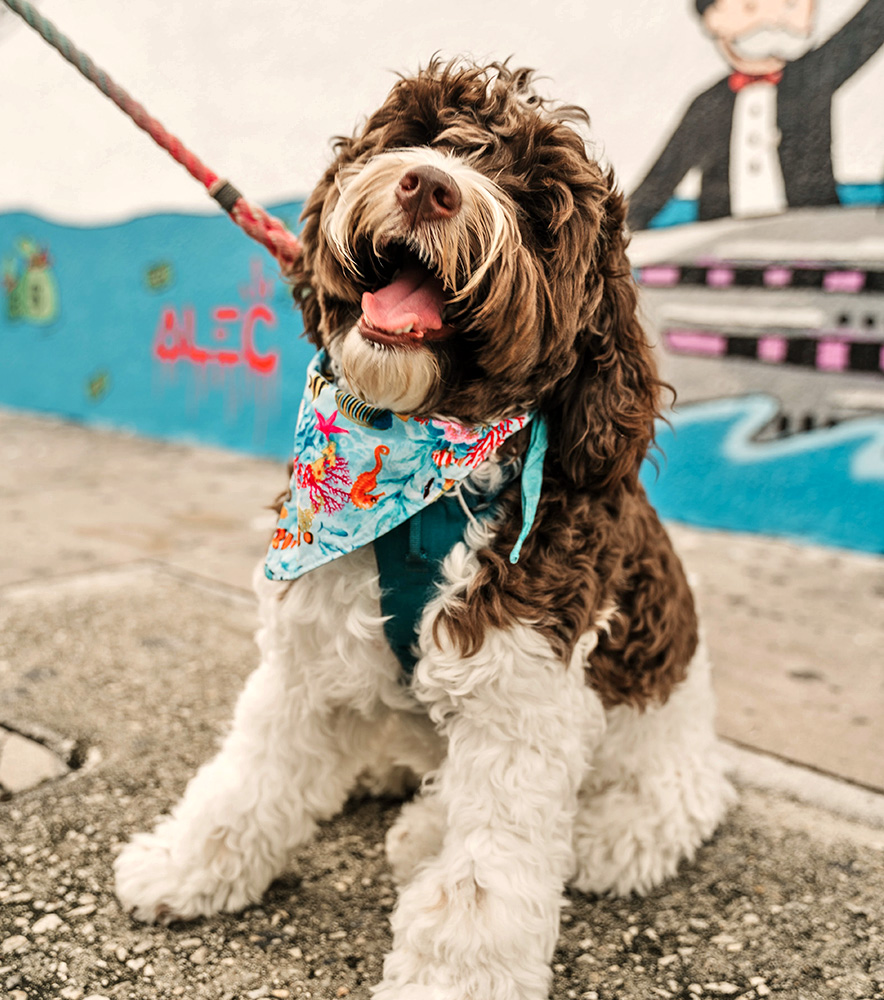
Florida Service Dog Requirements
The Sunshine State allows service dogs to travel, reside with, and perform daily living activities with their owners. The State of Florida aligns with the... Read more
